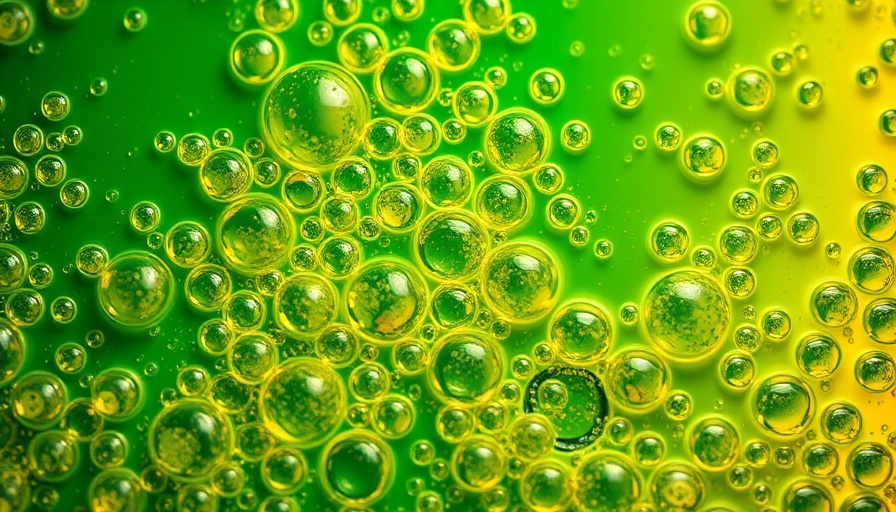
Understanding Emulsifiers in Our Foods
Emulsifiers like carboxymethylcellulose and polysorbate 80 are common in many processed foods. They help to mix oil and water, ensuring our favorite dressings and baked goods maintain their textures. However, these additives raise important questions about their impact on our health, especially concerning our gut.
Processed Foods and Our Diets
In today’s grocery stores, avoiding processed foods is becoming increasingly difficult. Modern diets, particularly those common in Western countries, often feature a high intake of processed goods laden with emulsifiers. These substances not only help in texture but may also be affecting our health negatively.
The Gut Microbiome Connection
There’s growing concern among scientists about how these emulsifiers might influence our gut microbiome—a community of bacteria crucial for digestion and overall health. While emulsifiers are deemed safe by regulatory bodies, some studies suggest they could lead to issues like “leaky gut,” where bacteria may enter the bloodstream, potentially triggering inflammation or other health problems.
Animal Studies vs. Human Evidence
Much of the research on emulsifiers has been conducted on mice. These studies show significant changes in the microbiome; however, translating those results into implications for human health remains unclear because the gut bacteria of humans and mice differ greatly. More human data is needed to truly understand the effects emulsifiers have on our bodies.
Your Dietary Choices Matter
Considering the potential impact of emulsifiers, it may be worth examining your dietary choices. Opting for whole, minimally processed foods can help limit your intake of unnecessary additives. The current evidence suggests that populations consuming fewer processed foods have better health outcomes, including lower risks of obesity and chronic diseases.
What’s Next?
As consumers, we should stay informed about what we eat and be cautious of the additives that pervade our foods. Understanding the implications of emulsifiers on our gut health empowers us to make healthier choices. Next time you're at the grocery store, consider the ingredients, and think about how they might affect your well-being.
 Add Row
Add Row  Add
Add 




Write A Comment